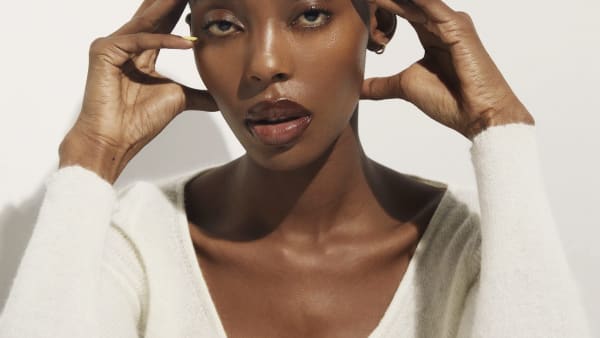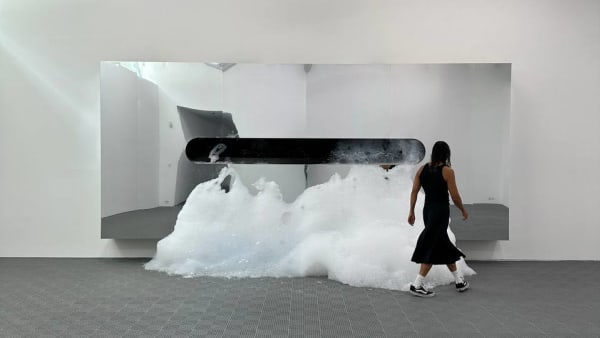
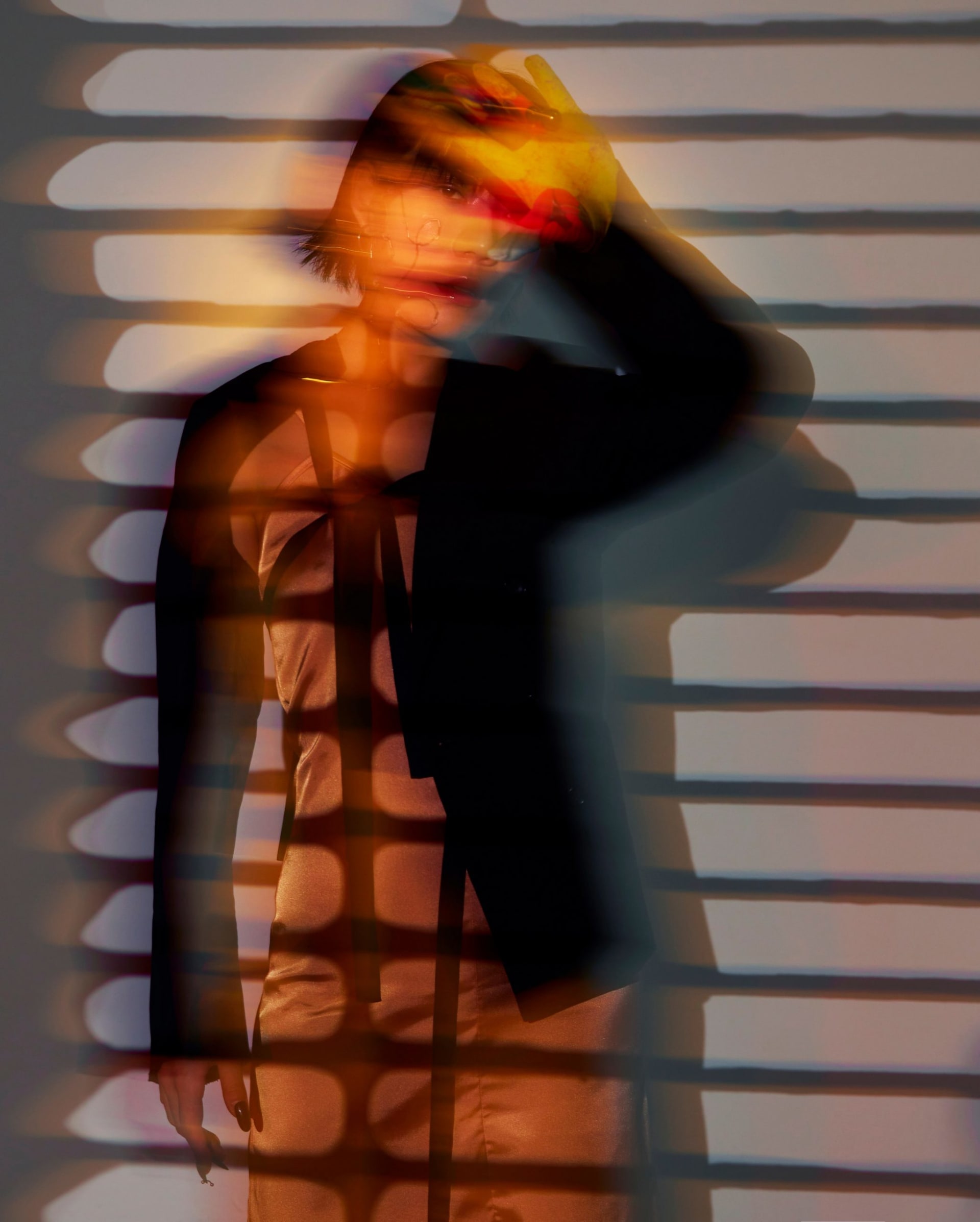
Hyph11E Finds Her Voice Within the Void
Aperture, released on Shanghai's SVBKVLT, finds the artist weaving dense industrial atmospheres, skittering beats, and an ephemeral coming of age narrative.
In Shanghai, talking about the garbage is like talking about the weather. When I arrived for late lunch at her apartment one Saturday in September, Tess Sun, the producer and DJ who goes by Hyph11E, immediately apologized for the bundles of garbage that had accumulated at the foyer. In 2019, Shanghai passed new regulations that imposed strict schedules on garbage disposal. The garbage station at Sun’s residential complex was only open between twice a day for two hours at a time—decidedly unfriendly to the musician’s nocturnal and irregular lifestyle. “One time I had a flight to catch just before 6AM, and I pleaded with the garbage station lady to let me leave my trash by the bin. She refused to unlock the trash bins and told me to take my trash to the next residential complex over,” Sun continued.
A Hebei native, Sun has lived in Shanghai since 2015. Initially drawn by the near-spiritual underground club Shelter, Sun spent almost every night of her first few months in the city standing in the back of the former bunker space absorbing as much as she could. The confluence of industrial, dubstep, and grime at the time formed the basis of her musical vocabulary as a producer later on. At Shelter, she eventually met her Genome 6.66 Mpb collaborators Kilo Vee and Tavi Lee, and her eco-grime breakout single “叶子” on Genome Compilation 001 in 2016 became the ur-track of a strain of progressive electronic music from China.
After Shelter closed at the end of 2016, the crew reconvened at Elevator, where SVBKVLT’s Gaz Williams heard Hyph11E for the first time: “I remember one night me and Tzusing were there and a track came on and both us were like, ‘damn, what is this?!’ I instantly knew that I wanted to sign this track.” The track, “Black Pepper,” became a club hit and led to her first EP, Vanishing Cinema. Three years later, her debut album Aperture has arrived, cementing a singular vision that connects a brash industrial core with an ephemeral coming of age narrative.
This element will show content from various video platforms.
If you load this Content, you accept cookies from external Media.
Hyph11E — Barnacles
Despite growing up in a creative-adjacent household—her mom worked in child education, and her sister is a dancer—Sun, now 30, considers herself to be a late-comer to electronic music. Her childhood was consumed by hours of daily piano practice (an instrument she chose over the violin at age seven because she could play the piano sitting down). She didn’t have a chance to use the internet until university, where she studied music production. She didn’t go out until a year and half after she started working.
After graduation, her mom, like many overbearing Chinese parents, had organized a job for her at a state-owned aviation company. “It would’ve been a very good placement for anyone who prefers to stay on the straight and narrow path, but it wasn’t for me. On the first day, I felt like I could already see how the rest of my life would play out here,” Sun recalls. “So I called my mom and said, you spent all this money on my piano lessons since I was a child, how could you put me up with this job that has nothing to do with music?”
Sun wasn’t sure what she wanted to do at the time, only that she was still interested in music production. A month later, she found work on her own at a recording studio in Beijing. In 2014, a friend visiting from Shanghai took her to Dada for the first time, and seeing Japanese dubstep producer Goth-Trad play that night would be her gateway into electronic music. Within a year, she would quit her job and move to Shanghai.
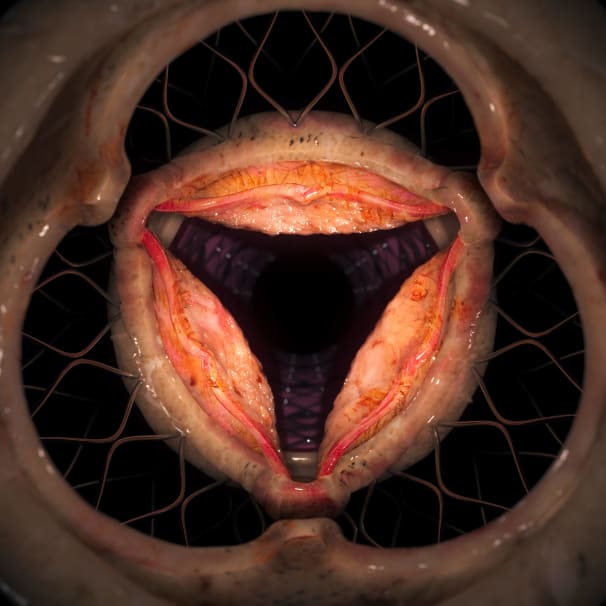
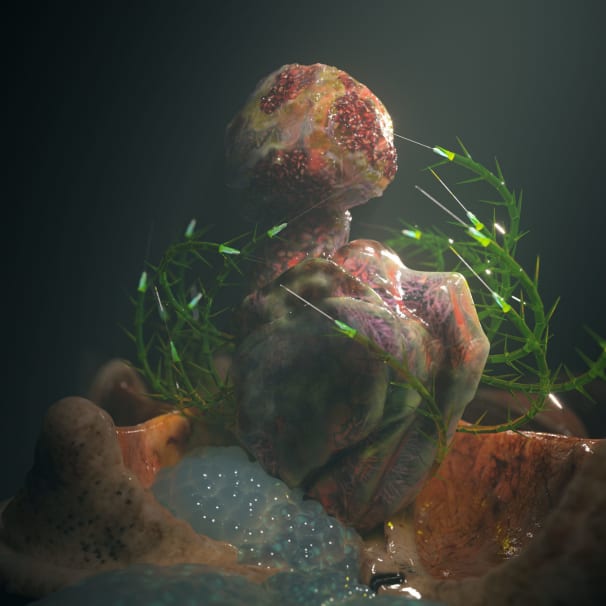
The past three years have seen Sun transition from making music for other people full-time to making music, at least half of the time, for herself. And despite being freed from corporate constraints, she’s stayed rather busy. Last year, after an intense period of touring and starting a studio with two friends to take on commercial and advertising projects—and at the urge of Williams—she finally had a chance to shut in at her Shanghai home and complete her debut album. The tracks that would end up on Aperture would be the combination of refining old and new material between the fall of 2019 and the spring of 2020. Even though Sun claims that she isn’t the kind of person who approaches an album conceptually, and making music has always been more about a record of her feelings and impressions at the time, Aperture presents an explosively cohesive vision of her musical identity—a controlled fission of her influences and interior monologue.
The album crystallized during a period of growth, as her voice as a producer was reaching maturity. But before discovering electronic music, she never thought about creatively expressing herself from a subjective point of view. “Throughout the making of the album, I was preoccupied by thinking about how I would never be complete as a living organism at any moment in time,” Sun said. “Life is full of blind spots that I couldn’t see. Growing up is a process of losing pieces of yourself.”
Connections with nature, complex geological-chemical activities, and “a hard diaphragm” came to mind after curator Milia Xin Bi first heard Aperture in its entirety, and in a subsequent conversation, Sun brought up the idea of holes as the marks one leaves as one evolves. “I think that’s what [Tess] means by growing up, the holes that form as the soul outgrows itself and causes tears. At the same time, these new voids inspire us to fill them, and we become better people in the process,” Bi explains, describing how she helped translate Sun’s reflections into a narrative space infested by biological and geological phenomenon. Sun’s obsession with the Upside Down in Stranger Things became the track “Doppelgänger,” and an image of a solar eclipse Sun had in mind inspired the more specific reference of “Baily’s Beads,” which nudges closer to a desperate high that comes with a surprising, dazzling flash of light in the track.
It took two years to complete Aperture. Sun worked best when she turned inward at home for long stretches of time, which she finally had a chance to do after an intense period of touring and DJing last fall. Her technical rigor rose to the occasion of her perfectionism, which was occasionally a corollary of patient indecisiveness. (It only took us about thirty minutes to decide which three stir-fry dishes to order for lunch, and when the delivery finally arrived, it reminded her we should’ve ordered from a different Yunnanese place she often recommends to visitors.)
The most painstaking part of the process was chiseling out conflicts between competing elements in the album’s crowded soundscapes. But in comparison to Vanishing Cinema, made during a more psychologically frantic period balancing between a burgeoning music career and a full-time job, the new album asserts itself with a much more coherent core. The expressive power in Aperture—where one track tends to slide into the next in a train of eco-industrial tableaus—had some of her early listeners, close friends, and collaborators describing the project as “cinematic.” “Friends would tell me my music creates an aggressive and anxious atmosphere, but I didn’t set out to make music like this,” Sun explained. “I couldn’t have made the album in anywhere else but Shanghai. Life is so busy here all the time. Time passes too quickly. It is hard to relax.”
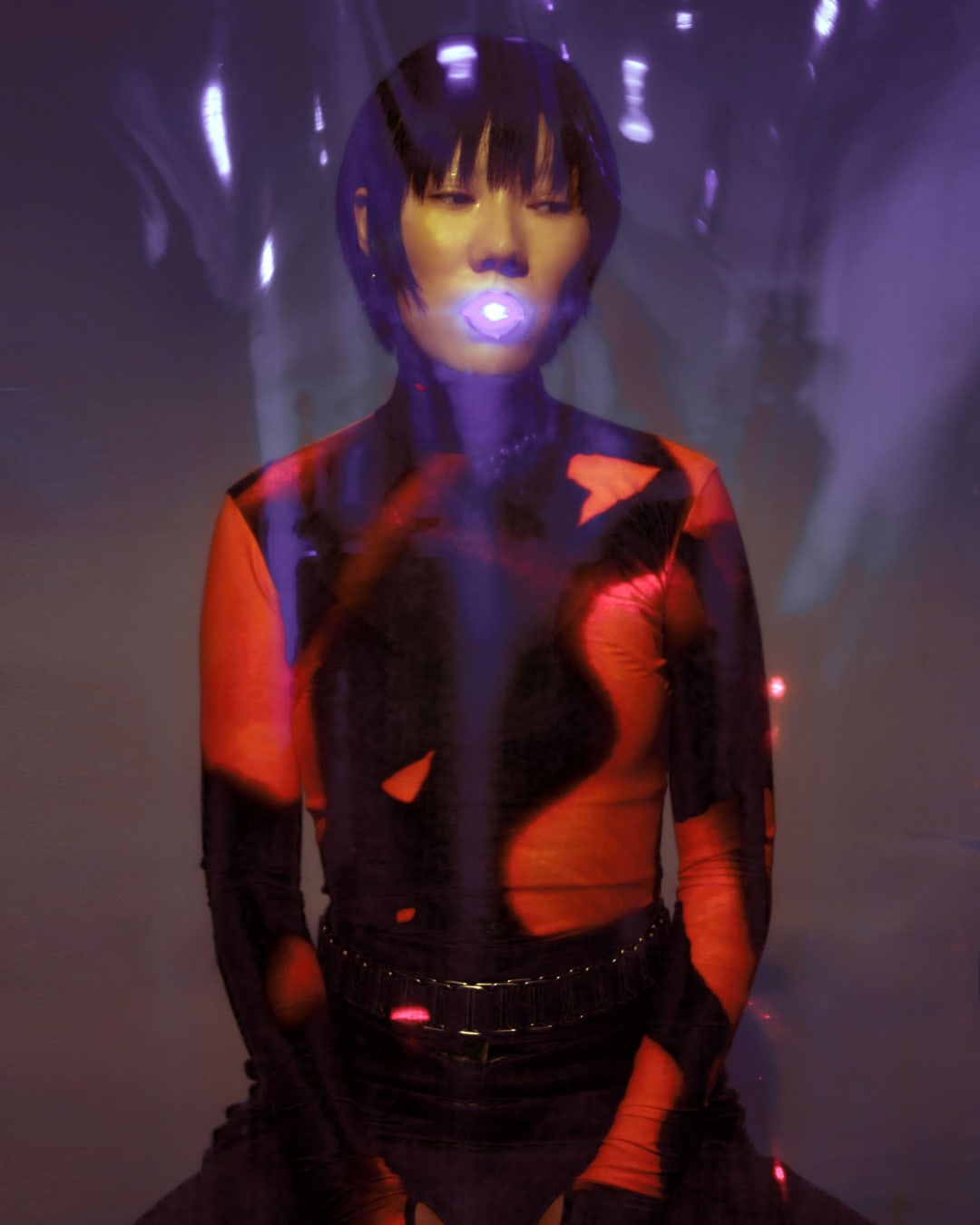
Life is full of blind spots that I couldn’t see. Growing up is a process of losing pieces of yourself.
I asked if she ever thought about what kind of people listen to her music. “Not really. I hope everyone listens to it,” she says. But she did notice the remarkably young crowd at ALL, where she played the night before, after the Beijing duo Zaliva-D’s warping percussion set on their album tour. The “kids,” as she called them, don’t drink as much as Westerners (there are less of them in China these days after COVID-19 border controls), and they have bounce. While the correlation between relative sobriety and the demands of playing to a lucid crowd is inconclusive, in her mind, Sun often returns to an ideal of purity and energy she could only find in music. She speaks longingly of her memory of Nyege Nyege in Uganda last year, where she played at an outdoor festival for the first time. “Many of the performers don’t have an internet presence, but once you are there, the energy really hits you over the head,” she says. “There were no talks about the music industry, commercialization, or fame, or labels.”
Sun is apprehensive of having too much of her identity attached to her music, lest the interest in her person takes over the interest in her music, if music could fill in the blanks for what she is trying to express. “It’s less interesting when you tell people exactly what to think,” she says. It feels especially valuable to her when there is a synchronicity based on a mutual understanding of each other’s work, such as when she and multimedia artist Wang Newone agreed on the album art right away.
Because of the COVID-19 global pandemic, the original plan to premiere a live A/V show by Wang for the album at Unsound Festival (followed by a European tour) was put on hold. Instead, Sun will be going on a three-week, eight-city tour around China, after which she plans to hibernate and focus on making the next EP. A cycle seems to be forming.“Because of my training in classical piano, I have consciously resisted anything conventional in my own music, whether melodically or structurally,” Sun said. “But lately, I am starting to think about bringing back some of the elements from classical music. Things don’t have to be all or nothing.”
Jaime Chu is a writer and translator from Hong Kong.
Aperture is out October 16 on SVBKVLT. Check it out here.
Video for “Barnacles” by Wang Newone
Photos of Hyph11e by Dre Romero.
Published October 15, 2020. Words by Jaime Chu.


